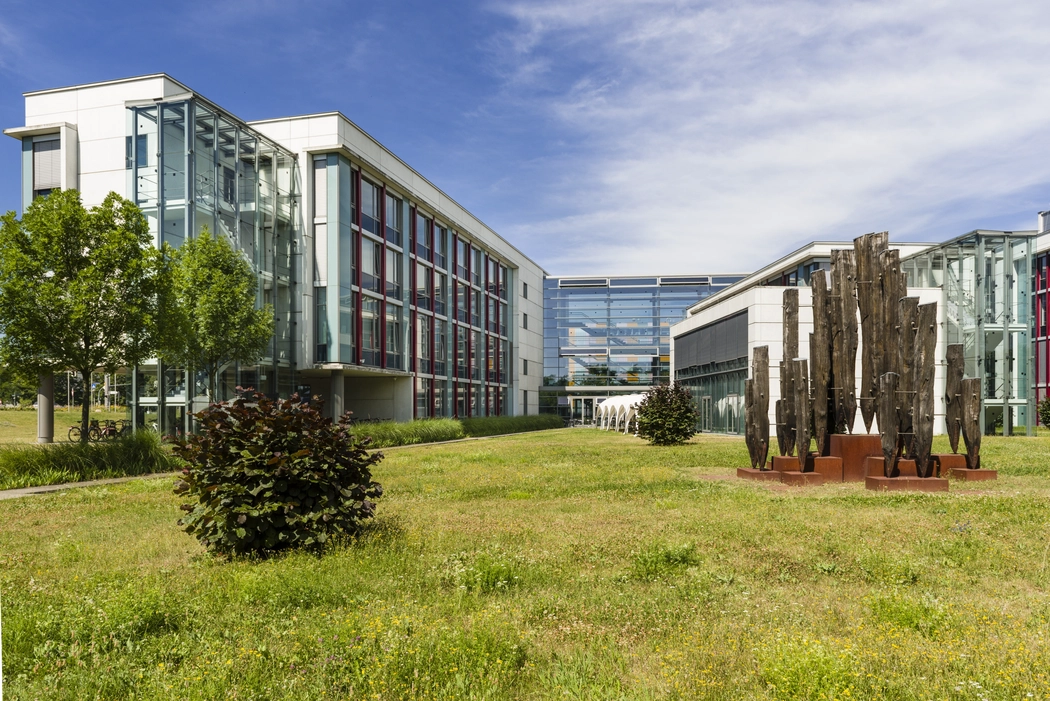How Can Chemicals Be Produced in a More Sustainable Process?
DOI:
https://doi.org/10.21036/LTPUB10525Researcher
Kai Sundmacher is Director and Scientific Member of the Max Planck Institute for Dynamics of Complex Technical Systems. He is also Full Professor of Process Systems Engineering at the Otto von Guericke University Magdeburg and Guest Professor at the East China University of Science and Technology. Among his major research interests are the dynamics of chemical processes, multifunctional reactors, and electrochemical membrane reactors. Since 2014, he is a spokesperson of the Max Planck Research Network ‘Synthetic Biology’. Moreover, he is Review Editor of Fuel Cells and Executive Editor of Chemical Engineering Science. For his scientific work, he has won many awards, including the Hoggewerff Lecture Award in 2013.

Original Publication
Towards a Methodology for the Systematic Analysis and Design of Efficient Chemical Processes: Part 1. From Unit Operations to Elementary Process Functions
Hannsjörg Freund,
Kai Sundmacher
Published in
Methodology for the Design of Optimal Chemical Reactors Based on the Concept of Elementary Process Functions
Andreas Peschel,
Hannsjörg Freund,
Kai Sundmacher
Published in
Model-Based Identification and Experimental Validation of the Optimal Reaction Route for the Hydroformylation of 1-Dodecene
Benjamin Hentschel,
Gregor Kiedorf,
Martin Gerlach,
Christof Hamel,
Andreas Seidel‐Morgenstern,
Published in
Optimal Reactor Design via Flux Profile Analysis for an Integrated Hydroformylation Process
Nicolas Maximilian Kaiser,
Michael Jokiel,
Kevin McBride,
Robert Flassig,
Kai Sundmacher
Published in
Dynamic Flux Balance Modeling to Increase the Production of High-Value Compounds in Green Microalgae
Robert Flassig,
Melanie Fachet,
Kai Höffner,
Paul I. Barton,
Kai Sundmacher
Published in
Citation
Kai Sundmacher,
Latest Thinking,
How Can Chemicals Be Produced in a More Sustainable Process?,
https://doi.org/10.21036/LTPUB10525,
Credits:
© Kai Sundmacher
and Latest Thinking
This work is licensed under CC-BY 4.0
